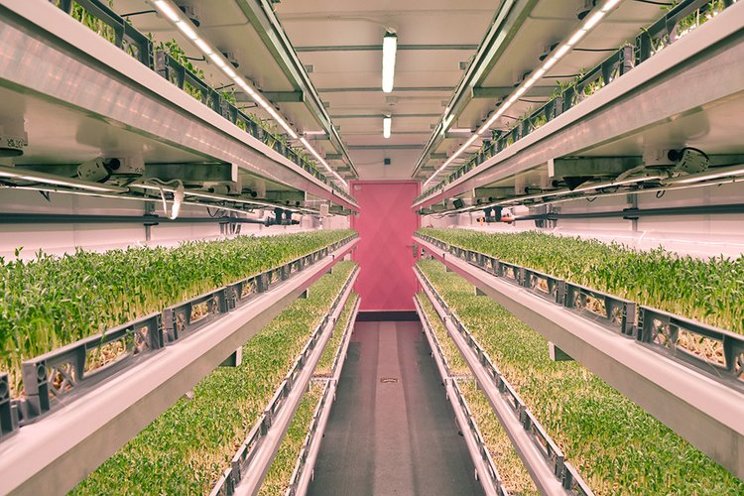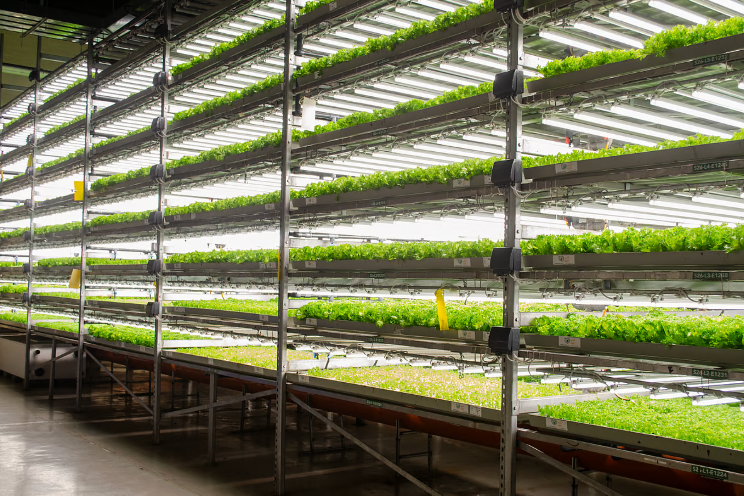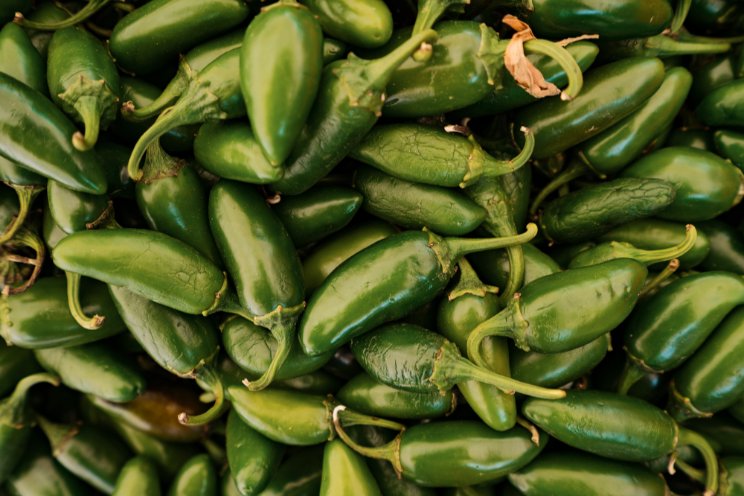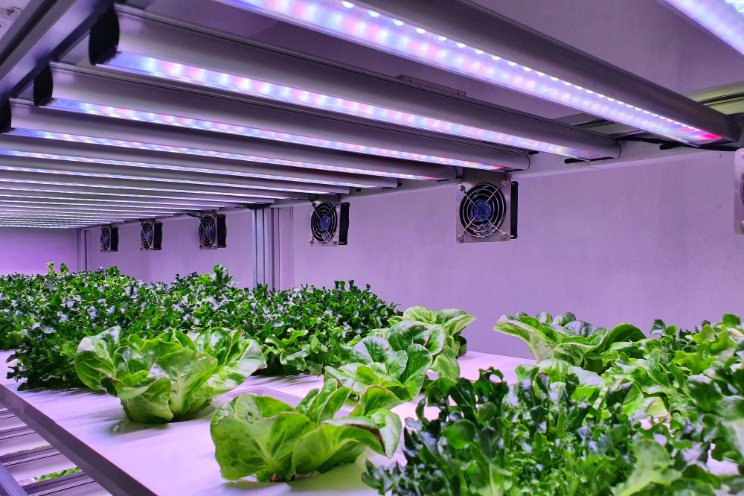Veganuary: Can VF help to provide alternative protein?
Added on 24 January 2023

Whether it be to reduce their carbon footprint, make better choices for the planet, or for animal welfare reasons, many are choosing to reduce or remove meat from their diets. In doing so, there has become an increased demand for alternative protein sources. Alternative proteins can include “fake meats” sourced from plants such as soya, pea proteins or lentils, as well as from fungi, or less commonly, tissue cultures, or the consumption of insects.
Even in the past couple of years, the popularity of “fake meat” has soared, with many food manufacturers and well known restaurants or fast food chains adding meat-free options to their menus. According to a market report by Statistica, the consumption of meat vs alternative protein consumption is trending towards a 40/60 split - in favour of alternatives.
Photo Courtesy of LettUsGROW
More news















